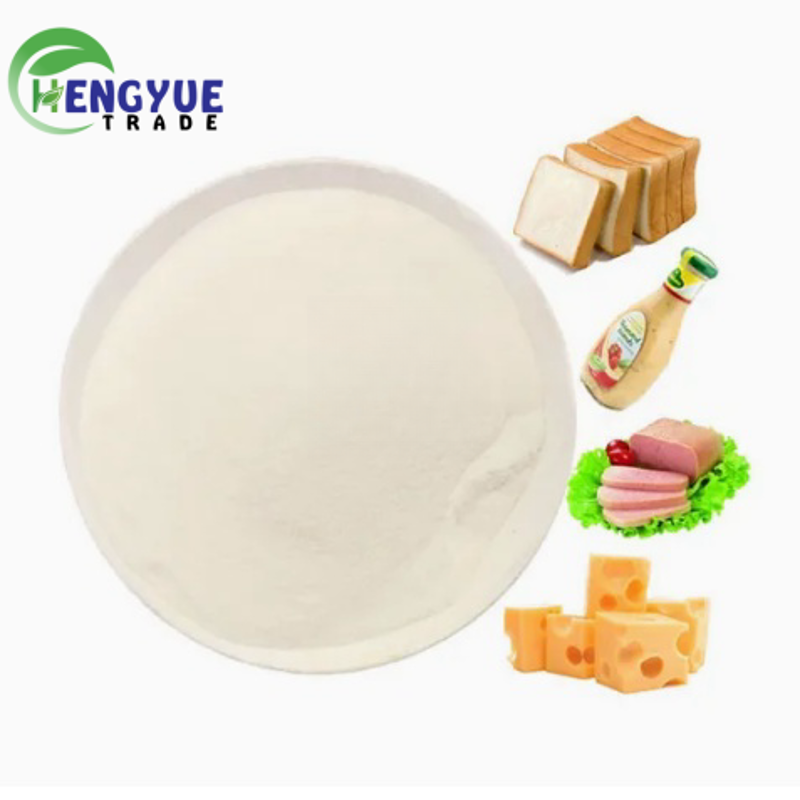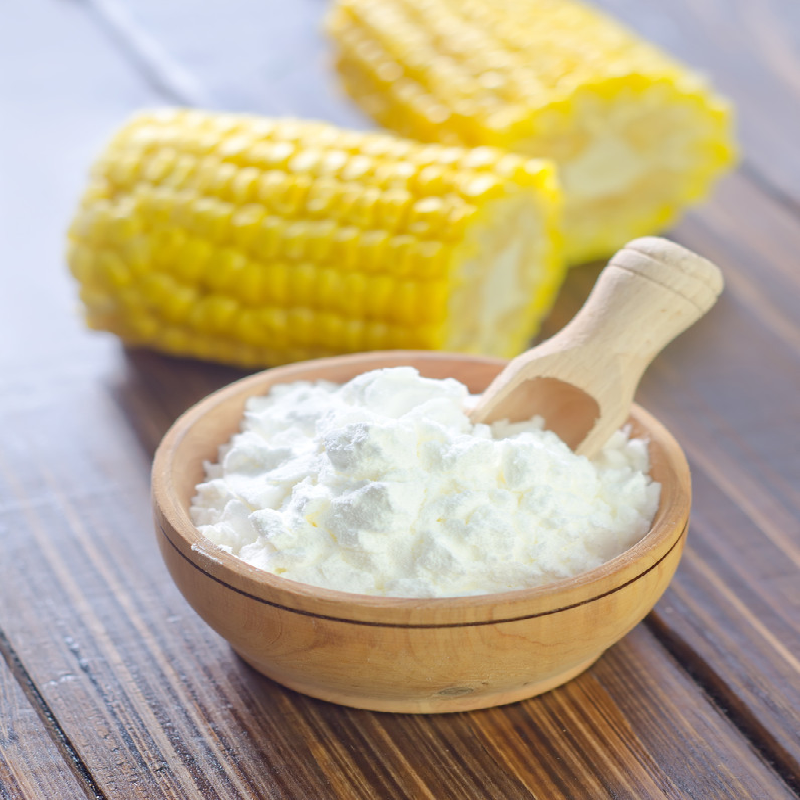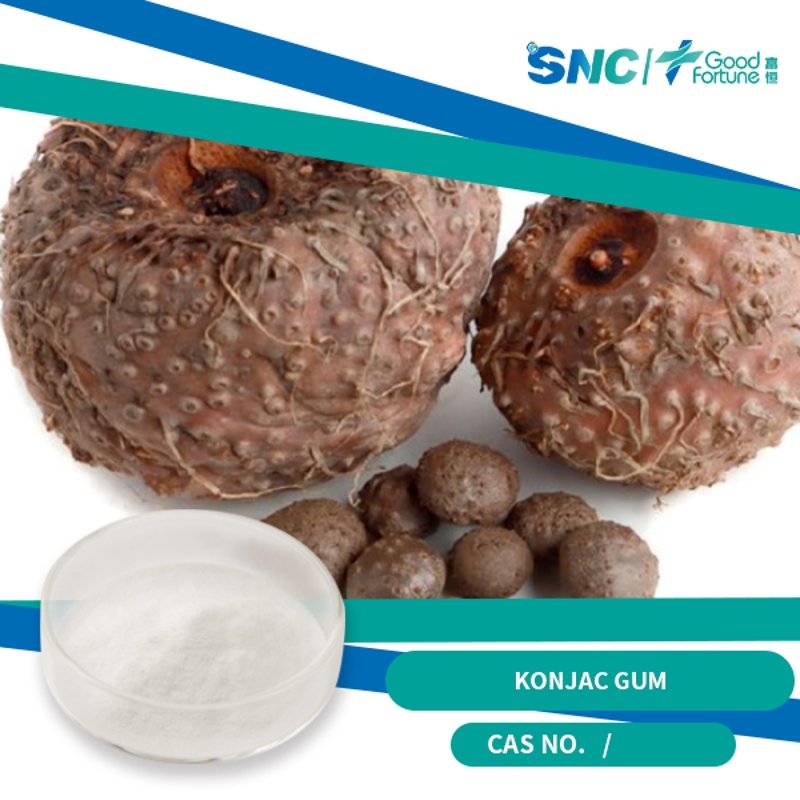How to use food thickeners
-
Last Update: 2017-11-07
-
Source: Internet
-
Author: User
Search more information of high quality chemicals, good prices and reliable suppliers, visit
www.echemi.com
Introduction: with the development and progress of society, new elements have been added to many fields, and food additives have also been added to the food industry So, what about using food thickener? Is it safe to add thickener to food? Let's introduce it to you Thickening agent has a specific rheological property, and the acid resistance is the first to promote alginate propylene glycol The guar gum is the first choice of the modified guar gum The pseudoplasticity of the solution and the strongest solubility in cold water are xanthan gum The emulsion adhesive is the best in Arabia gum; gel agar is stronger than other gum, but the transparency of the gel is especially carrageenan; carrageenan is also superior to other adhesives in the stability of milk Thickeners are mostly hydrophilic polymer compounds, which can be divided into animal, plant, mineral, synthetic or semi synthetic according to their sources It can be simply divided into two categories: natural and synthetic Most of the natural products are made from the plants and seaweeds containing polysaccharide viscous substances, such as starch, pectin, agar, gelatin, seaweed fat, carrageenan, dextrin, astragalus, polysaccharide derivatives, etc; The synthetic products include methylcellulose, carboxymethylcellulose and other cellulose derivatives, starch derivatives, casein, sodium polyacrylate, polyethylene oxide, polyvinyl pyrrolidone, polyvinyl alcohol, low molecular polyethylene wax, polyacrylamide, etc The thickeners commonly used in beverage production and the thickeners used as emulsion stabilizers mainly include sodium carboxymethylcellulose, propylene glycol alginate, carrageenan, xanthan gum, pectin, guar gum, Robinia bean gum, etc Thickener, also known as gelling agent, is also known as paste or food gel when used in food It can increase the viscosity of the system and keep the system in a uniform stable suspension state or opacification state, or form a gel How about using food thickener? The dosage standards of food thickener in different foods are different Take gelatin as an example There are different amounts of gelatin in different foods In meat products, meat filling products, frozen juice meat and other foods, the dosage of gelatin is 2% - 9%; in the production of fruit jelly, the dosage of gelatin is 2%; in the production of toffee, the dosage of gelatin is 0.4% - 1.5%; in the production of ice cream, the dosage of gelatin is 0.1% Before use, soak in cold water for several hours to avoid a large number of bubbles and stiff blocks caused by final expansion during heating After complete expansion, heat with water separated The temperature of glue liquid shall be controlled below 70 ° C Make it completely dissolved before use The glue liquid that has not been used up shall be stored in a cold storage or a cool and ventilated place, so as to avoid hydrolysis and deterioration of the glue, which may affect the use Is it safe to add thickener to food? It is harmless to add food thickener to food as a thickener approved by the state, but if it exceeds the dosage standard or is unqualified, it will affect human health Therefore, we should select qualified thickener produced by regular manufacturers and use it according to the dosage For our health, we all need to have a good understanding of food safety knowledge, not blindly trust or negate, to dialectically look at the problem, we can also use the food safety detector to detect whether the toxic substances in food exceed the standard Editor in charge: he xianrob
This article is an English version of an article which is originally in the Chinese language on echemi.com and is provided for information purposes only.
This website makes no representation or warranty of any kind, either expressed or implied, as to the accuracy, completeness ownership or reliability of
the article or any translations thereof. If you have any concerns or complaints relating to the article, please send an email, providing a detailed
description of the concern or complaint, to
service@echemi.com. A staff member will contact you within 5 working days. Once verified, infringing content
will be removed immediately.







